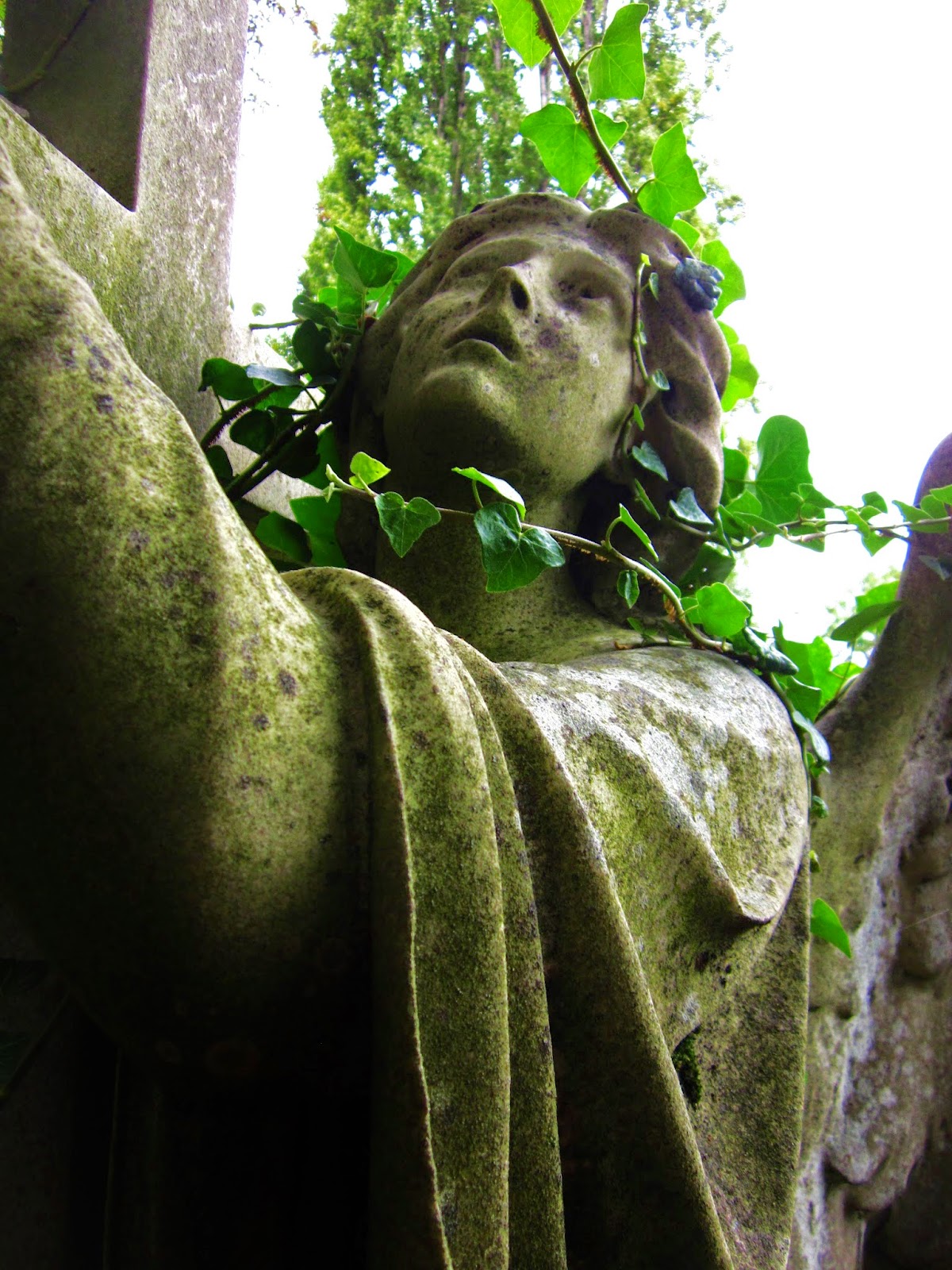How To Become A Werewolf: Part II
 |
| Who’s the Fairest of Them All by Bernie Wrightson |
A person was believed to become a werewolf if they were excommunicated from the church, or if they were born on Christmas Day. They could also become a werewolf if they were cursed, or if lycanthropy ran in their family (tainted bloodlines), or by performing certain black magic rituals or sometimes, just through sheer force of will. More recently, thanks to certain conventions established by classic Hollywood horror cinema (namely The Werewolf of London [1935] and The Wolf Man [1941]), other ways to become a werewolf include infection (ie being bitten by another werewolf) and by lunar influence. The influence of the moon was actually briefly suggested in texts such as Sabine Baring-Gould’s Book of Were-Wolves (1865), in which references are made to certain regions of Southern France where lycanthropes could change into wolves under a full moon, and in Edward Topsell’s The History of Four-footed Beasts (1607), which actually asserted that the brains of wolves decreased and increased in size with the waxing and waning of the moon.
While researching all things lycanthropic for my book on The Company of Wolves, I came across Elliott O’Donnell’s Werwolves (1912), an old ‘scholarly’ study of, you’ve guessed it, werewolves. Within its pages are first-hand accounts of O'Donnell’s encounters with lycanthropes and a staggering array of werewolf lore from many cultures throughout the world. Also included is a chapter concerning various rituals and rites to perform if you’d like to become a werewolf. According to O’Donnell, in cases when lycanthropy is not hereditary, werewolfism can be attained by drinking water from a wolf’s paw print, or by drinking downstream from several wolves. O’Donnell suggests that in certain parts of Scandinavia it was believed a person could become a werewolf if they drank from an enchanted ‘lycanthropous’ stream. Lycanthropous water is apparently different from regular water (!) and according to O’Donnell, those who live near lycanthropous water describe it as having a faint odour ‘comparable with nothing’ and possessing a ‘lurid sparkle’ which is strongly suggestive of ‘some peculiar, individual life.’ The noise of flowing lycanthropous water is said to resemble ‘the muttering and whispering of human voices as to be often mistaken for them’ and by night the voices rise into ‘piercing screams, and howls, and groans, in such a manner as to terrify all who pass near it.’
 |
| Gray Wolf River by Yair-Leibovich |
Tis night! ‘tis night! and the moon shines white
Over pine and snow-capped hill;
The shadows stray through burn and brae
And dance in the sparkling rill.
Tis night! ‘tis night! and the devil’s light
Casts glimmering beams around.
The maras dance, the nisses prance
On the flower-enamelled ground.
Tis night! 'tis night! and the werewolf’s might
Makes man and nature shiver.
Yet its fierce grey head and stealthy tread
Are nought to thee, oh river!
River, river, river.
Oh water strong, that swirls along,
I prithee a werewolf make me.
Of all things dear, my soul, I swear,
In death shall not forsake thee.
Once these words are spoken, the individual then strikes the bank of the stream three times with his/her forehead, then dips his/her head into the water three times, each time taking a mouthful of water and drinking it. This, according to O’Donnell, completes the ceremony and the individual has become a werewolf and ‘twenty-four hours later will undergo the first metamorphosis.’


